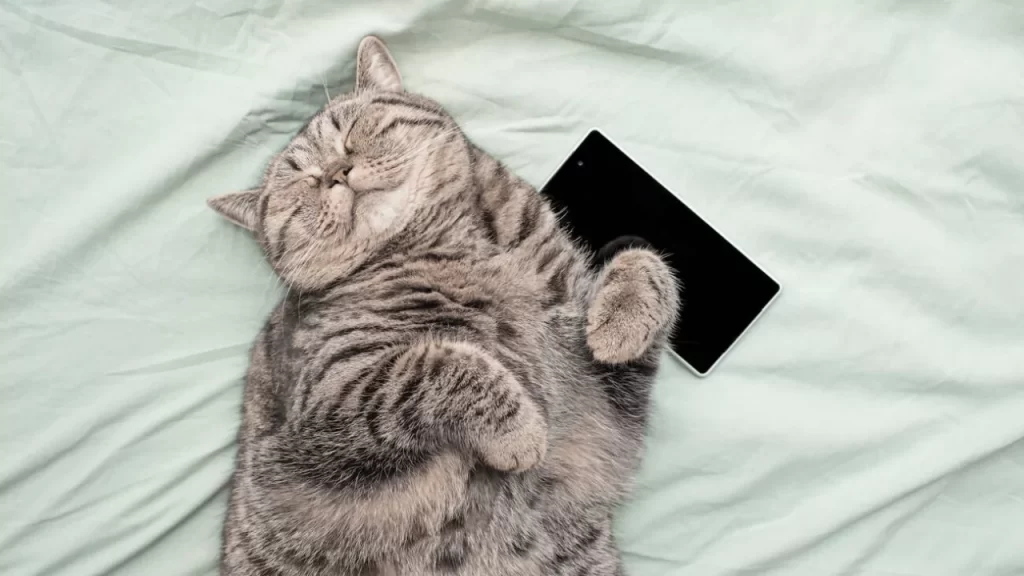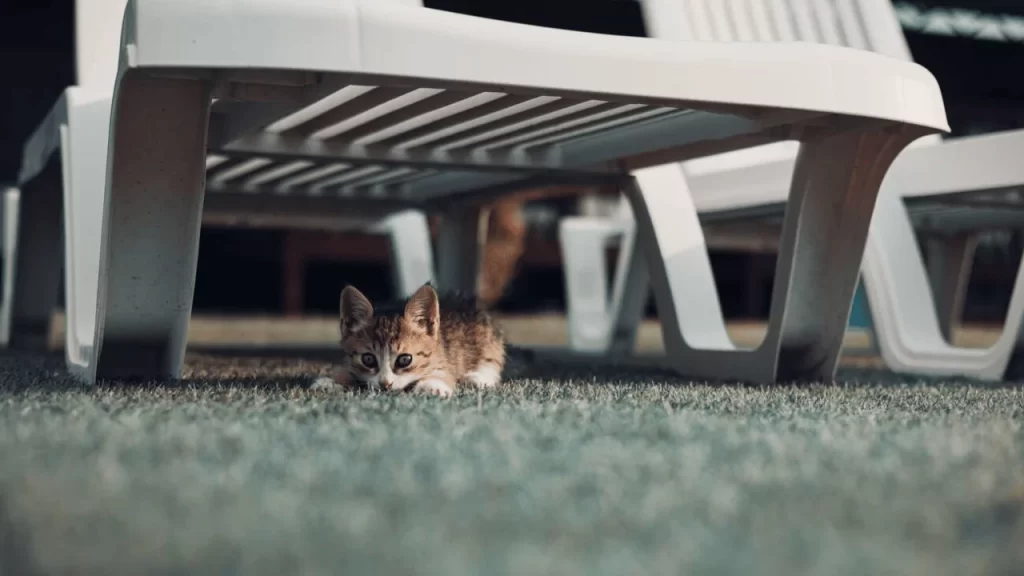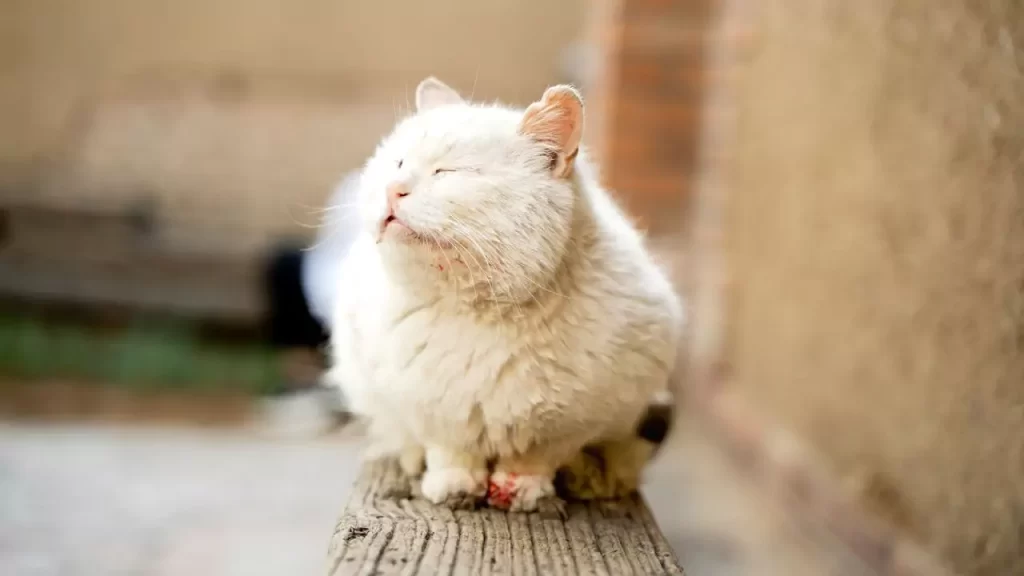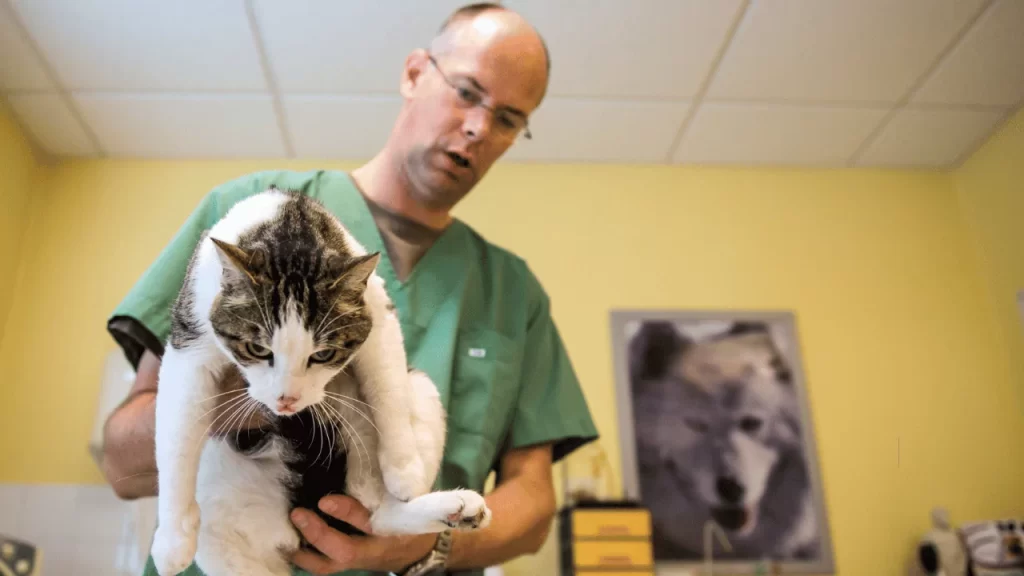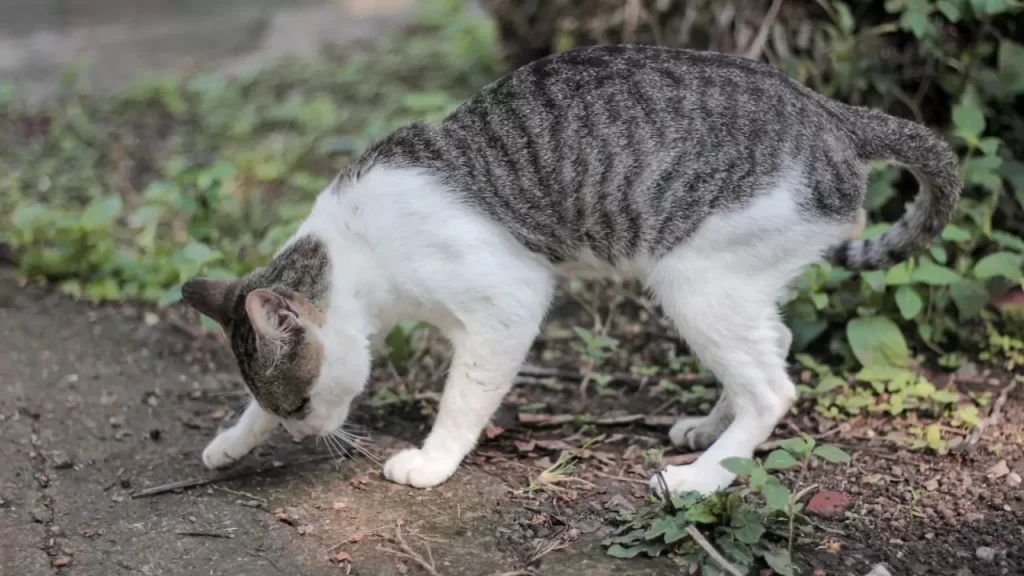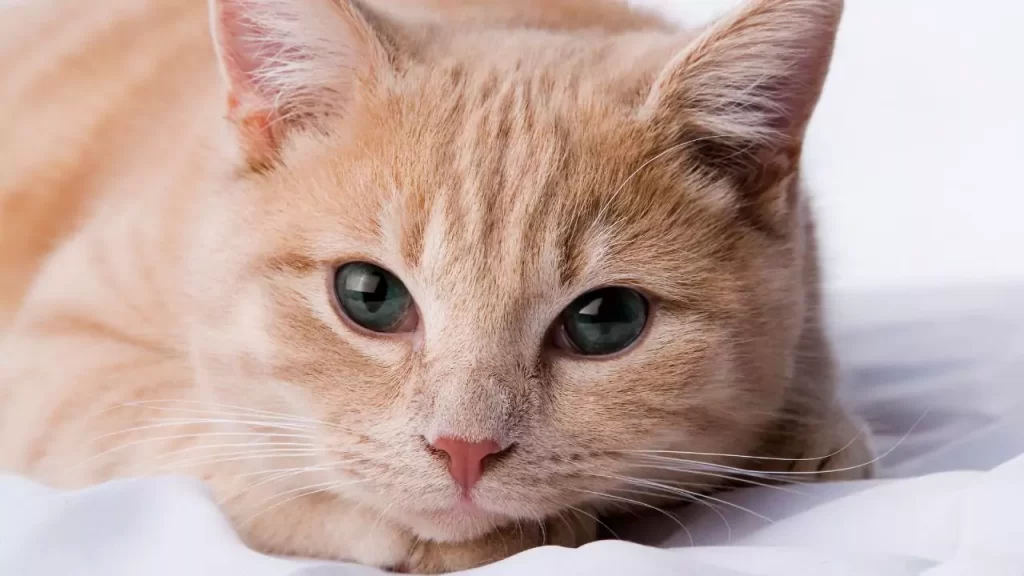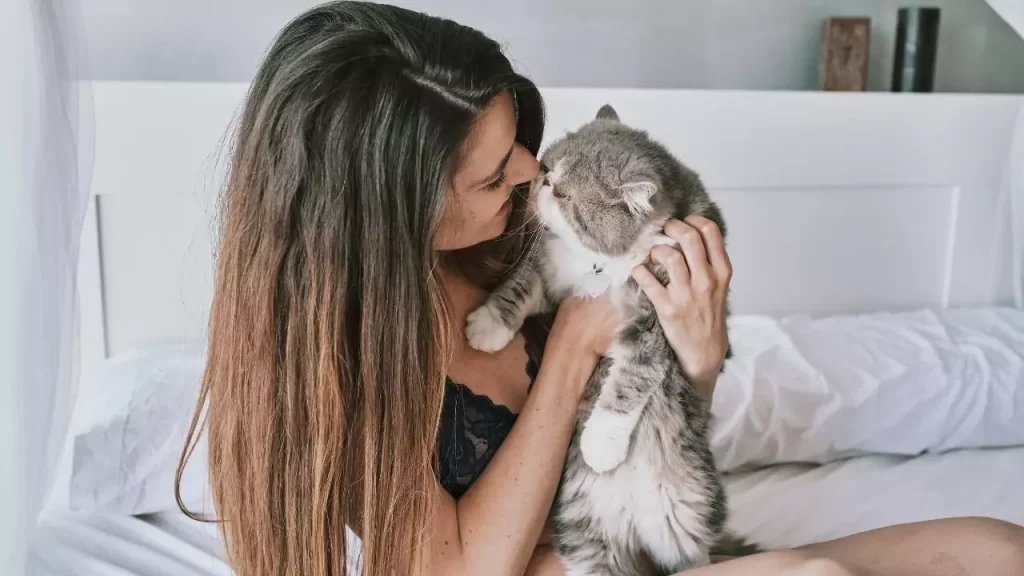Author: Dola Singha
Dola Singha is a cat enthusiast with a lifelong love for feline companions. She is an expert in all aspects of cat care, from nutrition and behavior to training and health.
Ants can be a pesky problem for pet owners. If ants invade your cat’s food, it can be annoying for you and unhealthy for your cat. The good news is there are effective ways to deter ants from getting into your cat’s food. With some simple tips, you can keep ants out of the cat food bowl and protect your cat’s meals. Ways to Keep Ants Out of the Cat Food Bowl Store the food in airtight containers. Keeping your cat’s dry food in a tightly sealed plastic, glass, or metal container will prevent ants from getting inside. Make sure…
There are several effective ways to keep cats from getting into your box spring and potentially damaging it. While cats may see a box spring as an inviting space to explore or nap, allowing them access can pose risks for both you and your feline companion. Why You Shouldn’t Allow Your Cat in Your Box Spring? Potential damage to the box spring One of the main reasons why you should keep your cat out of your box spring is that they can cause damage to it. Cats have sharp claws and teeth that can rip, scratch, or chew through the…
You cannot completely prevent your cat from trying to get under your recliner, but there are effective ways to deter and redirect this behavior. Cats like to seek out small, enclosed spaces to nap or play. Understanding why your cat is drawn to the space under your recliner can help you address the root cause of the behavior. With simple solutions like barriers, deterrents, providing alternative spaces, and keeping the area clean, you can successfully keep your cat from repeatedly going under the recliner. Understanding Why Your Cat is Trying to Get Under the Recliner Cats enjoy squeezing into small,…
No, cats do not bleed during periods. Unlike humans, female cats do not have menstrual cycles that involve shedding the lining of the uterus and bleeding. Instead, they have estrus cycles, also known as heat cycles, that prepare them for mating and reproduction. In this article, we will explain the reproductive cycle of female cats, why they do not bleed during heat cycles, and how to manage heat cycles in female cats. The Reproductive Cycle of Female Cats Estrus Cycle Female cats reach sexual maturity at around six months of age, but this can vary depending on the breed, season,…
Cats only have one heart. While some myths suggest cats have nine lives or multiple hearts, the reality is that felines have a single, four-chambered heart to circulate blood through their body like most other mammals, including humans. However, a cat’s cardiovascular system does have some unique attributes that enable enhanced athletic performance. Understanding the anatomy and function of a cat’s heart can help cat owners better care for their pet’s cardiac health. Understanding a Cat’s Cardiovascular System Structure and function of a cat’s heart A cat’s heart is made up of four chambers: two atria and two ventricles. The…
Yes, cat poop can potentially be harmful to humans if proper precautions are not taken. The feces of cats infected with toxoplasmosis contain the parasite Toxoplasma gondii, which can infect humans and pose health risks if ingested. However, the risks can be minimized by following basic hygiene practices. What is Toxoplasmosis and its Effects on Humans? Toxoplasmosis is a disease caused by the Toxoplasma gondii parasite. Cats are the definitive host for T. gondii, meaning the parasite can sexually reproduce only within cats. Transmission of Toxoplasmosis from cat feces Humans can get infected with toxoplasmosis primarily through ingestion of the…
Yes, you can get sick from your cat. Cats can transmit several diseases and parasites to humans, especially if preventive measures are not taken. However, the risk is low if cats are properly cared for and routine veterinary care is provided. Diseases Associated with Cats There are a few common feline diseases that can spread to humans: Toxoplasmosis Toxoplasmosis is an infection caused by the Toxoplasma gondii parasite. Cats are the definitive host for these parasites, which are shed in feces and can contaminate soil, water, fruits, and vegetables. Human infection occurs by ingesting contaminated food or directly from cat…
Yes, cats can recognize their own names. Cats are able to distinguish their names from other words and sounds, and many cats will respond when their owners call them by name. However, cats may sometimes choose to ignore their names if they are not motivated to respond. Their ability to recognize their own names depends on factors like early training, the cat’s personality and breed, and how often their name is used by their owner. Do Cats Recognize Their Own Names? A 2019 study published in Scientific Reports provided evidence that cats are able to distinguish their own names from…
Cats can be independent pets, but they still need love and affection from their human companions. There are many ways to strengthen the bond with your cat and let them know they are cared for. Understanding feline behavior and communication is key, as is providing for their basic needs. With quality time, patience, and the right approach, you can build a loving relationship with your cat. Ways to Show Your Cat Love Slow blink in their Direction When a cat slowly blinks at you, it’s showing affection and contentment. Return the gesture by focusing your eyes on your cat, then…
Yes, cats can eat algae wafers, but only in moderation. Algae wafers are dried tablets or discs formulated as a food source for primarily herbivorous fish. They are made from algae, along with binders and nutrients. While algae wafers aren’t toxic to cats, they don’t provide complete and balanced nutrition for felines. Giving cats the occasional nibble of an algae wafer is fine, but algae wafers shouldn’t become a regular part of a cat’s diet. What are Algae Wafers? Algae wafers are dried food sources designed for herbivorous fish like plecos and cory catfish. They are produced by compressing algae…





